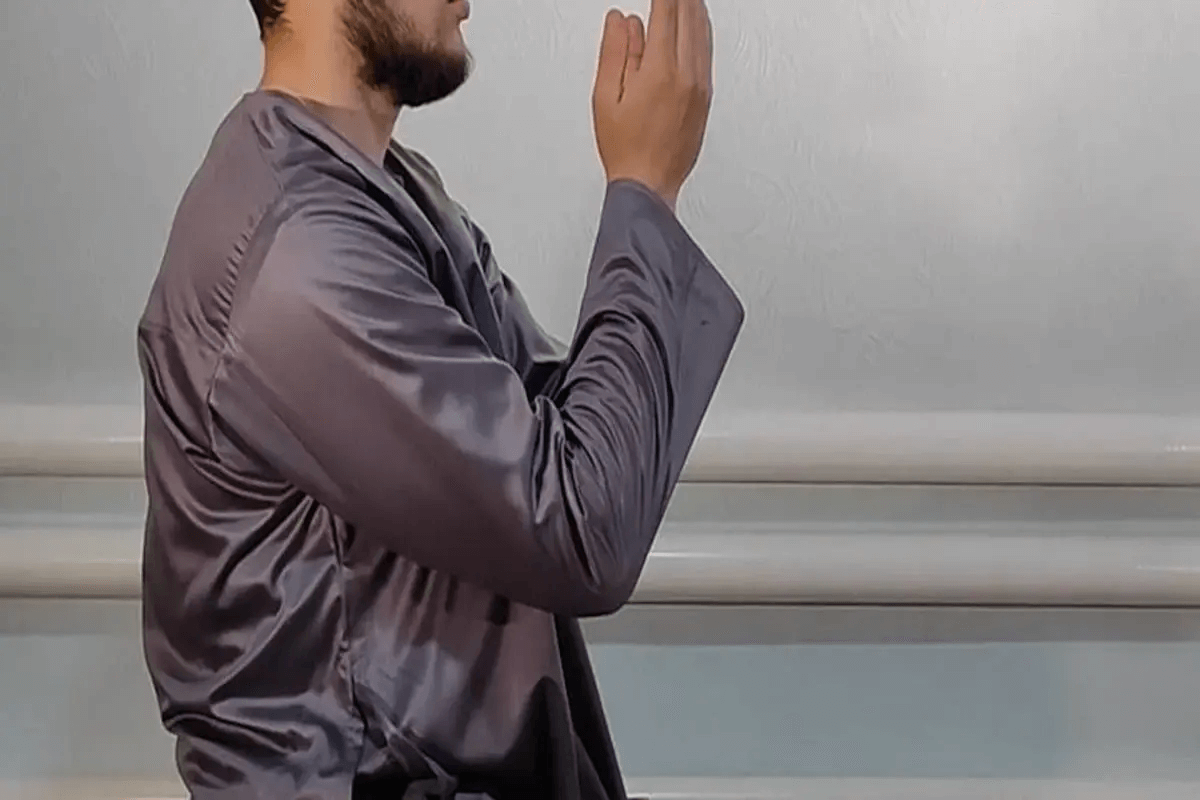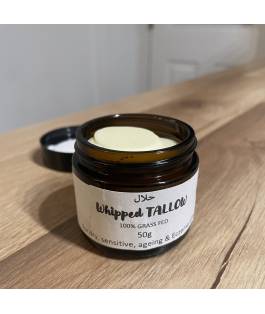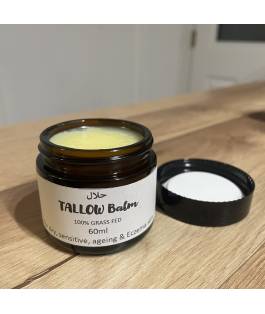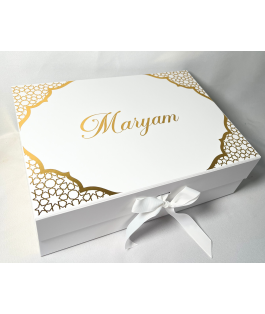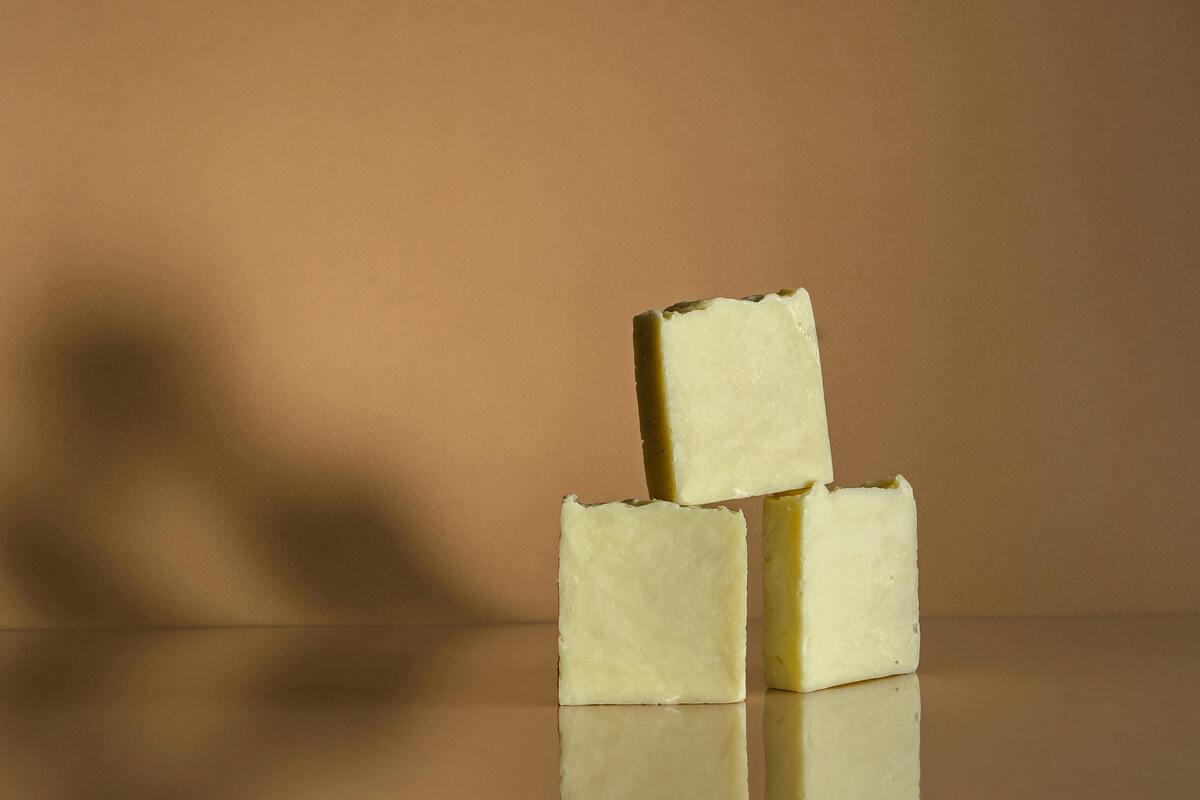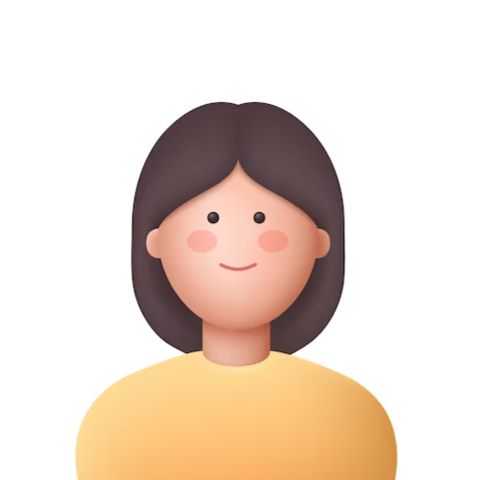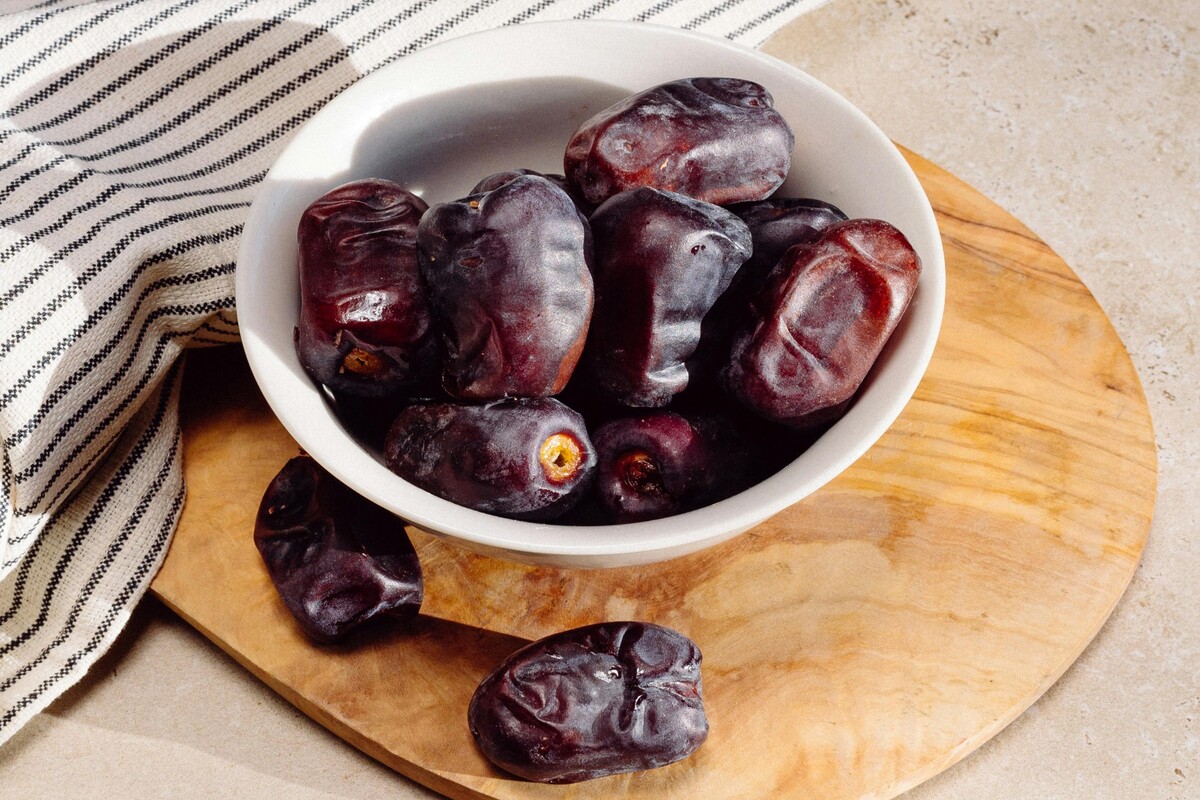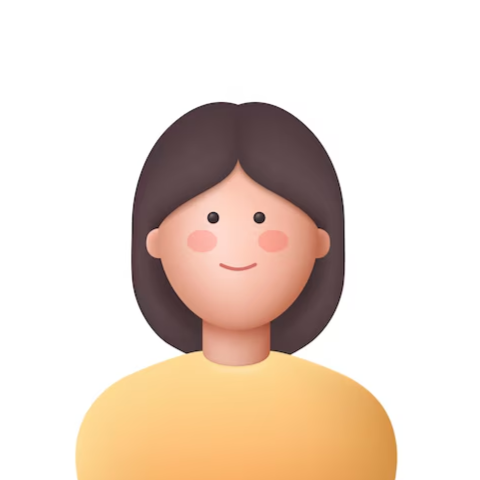Making dua (supplication) is one of the most personal and beautiful ways a believer connects with Allah. Every Prophet, in their moments of hardship and ease, turned to Allah with words filled with sincerity, humility, and hope.
These heartfelt duas teach us more than just what to say; they show us how to call upon Allah: with faith, patience, and complete trust in His wisdom.
Let’s explore the duas of the Prophets from the Qur’an and Hadith, understand the moments behind them, and learn how we can use them in our daily lives.
1. Dua of Adam (AS)
For Forgiveness and Mercy
When Prophet Adam (AS) and Hawwa (AS) ate from the forbidden tree, they immediately realised their mistake. Instead of making excuses, they turned to Allah with humility and sought forgiveness.
رَبَّنَا ظَلَمْنَا أَنفُسَنَا وَإِن لَّمْ تَغْفِرْ لَنَا وَتَرْحَمْنَا لَنَكُونَنَّ مِنَ الْخَاسِرِينَ
Rabbanā ẓalamnā anfusanā wa in lam taghfir lanā wa tarḥamnā lanakūnanna mina al-khāsirīn
“Our Lord, we have wronged ourselves, and if You do not forgive us and have mercy upon us, we will surely be among the losers.”
(Surah Al-A‘raf, 7:23)
This dua reminds us that mistakes are part of being human. What truly matters is returning to Allah sincerely, as Adam (AS) did. For such supplications, read duas for forgiveness here!
2. Dua of Prophet Nuh (AS)
For Help in Difficult Times
After preaching for centuries and facing rejection, Prophet Nuh (AS) called out to Allah with complete dependence.
رَبِّ إِنِّي مَغْلُوبٌ فَانْتَصِرْ
Rabbi innī maghlūbun fa antaṣir
“My Lord, indeed, I am overpowered, so help me.”
(Surah Al-Qamar, 54:10)
It’s a short yet powerful dua. It is a reminder that when you’ve done your best, turn the matter over to Allah, the ultimate Helper.
3. Dua of Prophet Ibrahim (AS)
For Forgiveness for Self, Parents, and All Believers
Prophet Ibrahim (AS) was known for his compassion and care for others. His dua reflects his concern not just for himself but for the entire community of believers.
رَبَّنَا اغْفِرْ لِي وَلِوَالِدَيَّ وَلِلْمُؤْمِنِينَ يَوْمَ يَقُومُ الْحِسَابُ
Rabbanaghfir lī wa liwālidayya wa lil-mu’minīna yawma yaqūmu al-ḥisāb
“Our Lord, forgive me and my parents and the believers on the Day the account is established.”
(Surah Ibrahim, 14:41)
This dua teaches us to make dua not only for ourselves but also for our parents, family, and the entire Ummah.
Quick Bonus: If you’d like to explore more authentic duas and stories from the lives of Prophets, you can find a collection of Islamic books and dua guides on Riwaya, your trusted Islamic marketplace, based in the UK. We offer curated selection of books from trusted sellers that help deepen your understanding of faith and connect you spiritually.
4. Dua of Prophet Lut (AS)
For Support Against Corruption and Oppression
Prophet Lut (AS) faced immense moral corruption in his community. Surrounded by disbelief and mockery, he asked Allah for strength.
رَبِّ انْصُرْنِي عَلَى الْقَوْمِ الْمُفْسِدِينَ
Rabbi anṣurnī ʿalā al-qawmi al-mufsidīn
“My Lord, support me against the corrupting people.”
(Surah Al-‘Ankabut, 29:30)
Whenever you feel surrounded by negativity or wrongdoing, this dua is a reminder to seek divine help and stand firm in your values.
Reminder: Don’t forget your brothers and sisters in Palestine and Sudan. Make a lot of duas for Palestine and Sudan. Indeed, Allah is the Best Disposer of affairs (for us).
5. Dua of Prophet Yaqub (AS)
For Patience and Comfort in Grief
Prophet Yaqub (AS) lost his beloved son Yusuf (AS) and endured years of grief. Yet, he never lost hope.
إِنَّمَا أَشْكُو بَثِّي وَحُزْنِي إِلَى اللَّهِ
Innamā ashkū baththī wa ḥuznī ilā Allāh
“I only complain of my suffering and my grief to Allah.”
(Surah Yusuf, 12:86)
This dua teaches us that it’s okay to feel sadness, but we should turn our pain into prayers and speak directly to Allah.
6. Dua of Prophet Yusuf (AS)

For a Peaceful End and Righteous Company
After years of trials and eventual success, Prophet Yusuf (AS) made this humble dua, showing gratitude and submission.
فَاطِرَ السَّمَاوَاتِ وَالْأَرْضِ أَنْتَ وَلِيِّي فِي الدُّنْيَا وَالْآخِرَةِ تَوَفَّنِي مُسْلِمًا وَأَلْحِقْنِي بِالصَّالِحِينَ
Fāṭira as-samāwāti wa al-arḍi anta walīyyī fī ad-dunyā wa al-ākhirah tawaffanī musliman wa alḥiqnī biṣ-ṣāliḥīn
“You are my Protector in this world and the Hereafter. Cause me to die a Muslim and join me with the righteous.”
(Surah Yusuf, 12:101)
Even in success, he remembered that everything comes from Allah, a beautiful reminder to stay grounded in gratitude.
7. Dua of Prophet Ayub (AS)
For Relief from Illness and Hardship
Prophet Ayub (AS) lost his health, wealth, and children, yet he remained patient. His dua reflects deep humility and unwavering faith.
أَنِّي مَسَّنِيَ الضُّرُّ وَأَنْتَ أَرْحَمُ الرَّاحِمِينَ
Annee massaniyad ḍurru wa anta arḥamur rāḥimīn
“Indeed, adversity has touched me, and You are the Most Merciful of the merciful.”
(Surah Al-Anbiya, 21:83)
If you’re struggling with illness or pain, recite this dua; it’s a beautiful reminder that Allah’s mercy is always greater than our suffering.
8. Dua of Prophet Shu’ayb (AS)
For Protection Against Oppression
When his people rejected him and threatened him, Prophet Shu’ayb (AS) turned to Allah for justice.
رَبَّنَا افْتَحْ بَيْنَنَا وَبَيْنَ قَوْمِنَا بِالْحَقِّ وَأَنتَ خَيْرُ الْفَاتِحِينَ
Rabbana iftaḥ baynanā wa bayna qawminā bil-ḥaqqi wa anta khayru al-fātiḥīn
“Our Lord, decide between us and our people in truth, and You are the best of those who give decision.”
(Surah Al-A‘raf, 7:89)
When you face injustice or false accusations, remember that true justice lies with Allah.
9. Dua of Prophet Musa (AS)
For Confidence and Clarity in Speech
Before facing Pharaoh, Prophet Musa (AS) asked Allah to calm his heart and make his speech clear.
رَبِّ اشْرَحْ لِي صَدْرِي وَيَسِّرْ لِي أَمْرِي وَاحْلُلْ عُقْدَةً مِنْ لِسَانِي يَفْقَهُوا قَوْلِي
Rabbish raḥ lī ṣadrī wa yassir lī amrī waḥlul ‘uqdatan min lisānī yafqahū qawlī
“My Lord, expand for me my chest and ease for me my task, and untie the knot from my tongue that they may understand my speech.”
(Surah Ta-Ha, 20:25–28)
This dua is perfect before a presentation, interview, or any task that feels overwhelming. It helps you find peace and confidence in your words.
10. Dua of Prophet Yunus (AS)
For Forgiveness and Relief from Hardships
Swallowed by a giant fish and trapped in total darkness, Prophet Yunus (AS) turned to Allah in repentance.
لَا إِلَٰهَ إِلَّا أَنْتَ سُبْحَانَكَ إِنِّي كُنْتُ مِنَ الظَّالِمِينَ/i>
Lā ilāha illā anta subḥānaka innī kuntu minaẓ-ẓālimīn
“There is no god but You; exalted are You. Indeed, I have been among the wrongdoers.”
<p><small class="right_content">(Surah Al-Anbiya, 21:87)</small></p>
It’s one of the most powerful duas for distress - short, sincere, and full of humility.
11. Dua of Prophet Zakariya (AS)
For Righteous Offspring
Despite his old age and his wife’s barrenness, Prophet Zakariya (AS) never gave up hope in Allah’s mercy.
رَبِّ لَا تَذَرْنِي فَرْدًا وَأَنْتَ خَيْرُ الْوَارِثِينَ
Rabbi lā tadharnī fardan wa anta khayru al-wārithīn
“My Lord, do not leave me alone [with no heir], while You are the best of inheritors.”
(Surah Al-Anbiya, 21:89)
This dua is ideal for anyone praying for children or family. It is a reminder that Allah grants when the time is right.
12. Dua of Prophet Isa (AS)
For Sustenance and Blessings
At the request of his disciples, Prophet Isa (AS), the son of Maryam (AS), made this dua asking Allah to send down food from heaven as a sign of His blessings.
رَبَّنَا أَنْزِلْ عَلَيْنَا مَائِدَةً مِنَ السَّمَاءِ تَكُونُ لَنَا عِيدًا لِأَوَّلِنَا وَآخِرِنَا وَآيَةً مِنْكَ وَارْزُقْنَا وَأَنْتَ خَيْرُ الرَّازِقِينَ
Rabbanā anzil ʿalaynā mā’idatan mina as-samā’i takūnu lanā ʿīdan li-awwalinā wa ākhirinā wa āyatan minka warzuqnā wa anta khayru ar-rāziqīn
“Our Lord, send down to us a table spread from heaven to be for us a festival for the first of us and the last of us and a sign from You, and provide for us, for You are the best of providers.”
(Surah Al-Ma’idah, 5:114)
It’s a beautiful dua for sustenance, provision, and gratitude. Want to learn more duas for blessings? Find duas for rizq here!
13. Dua of Prophet Muhammad (PBUH)

For Relief from Worry, Laziness, and Debt
The Prophet (PBUH) taught this comprehensive dua for protection against emotional, financial, and spiritual struggles.
اللَّهُمَّ إِنِّي أَعُوذُ بِكَ مِنَ الْهَمِّ وَالْحَزَنِ، وَالْعَجْزِ وَالْكَسَلِ، وَالْبُخْلِ وَالْجُبْنِ، وَضَلَعِ الدَّيْنِ وَغَلَبَةِ الرِّجَالِ
Allahumma innī aʿūdhu bika minal-hammi wal-ḥazani, wal-ʿajzi wal-kasali, wal-bukhli wal-jubni, wa ḍalaʿid-dayni wa ghalabatir-rijāl
“O Allah, I seek refuge in You from anxiety and sorrow, from weakness and laziness, from miserliness and cowardice, from being overcome by debt and from being overpowered by men.”
(Sahih al-Bukhari, 6369)
This dua covers almost every kind of difficulty we face in life, including emotional stress, debt, and pressure from others. It’s a dua worth memorising and reciting daily.
Conclusion
Each of these duas carries a story, a moment of deep connection between a Prophet and Allah. They teach us that no matter how great or small our problem is, we can always turn to Allah for help.
When you recite these duas, don’t rush. Feel their meaning. Picture the Prophet making that dua in their situation, and know that the same Merciful Lord is listening to you too.
Selling with Riwaya
Do you sell Islamic books & essentials, and looking to increase your sales?
Then Riwaya is your answer! With 100s of top sellers already onboarded and 100,000s of monthly visitors, we provide you with a platform where you can sell your Islamic products with ease. Our behind-the-scenes team does the heavy lifting, from SEO and marketing to product listing, so you can focus on what you do best: selling your incredible products!
Sign up now to enjoy a one-month free trial!
































